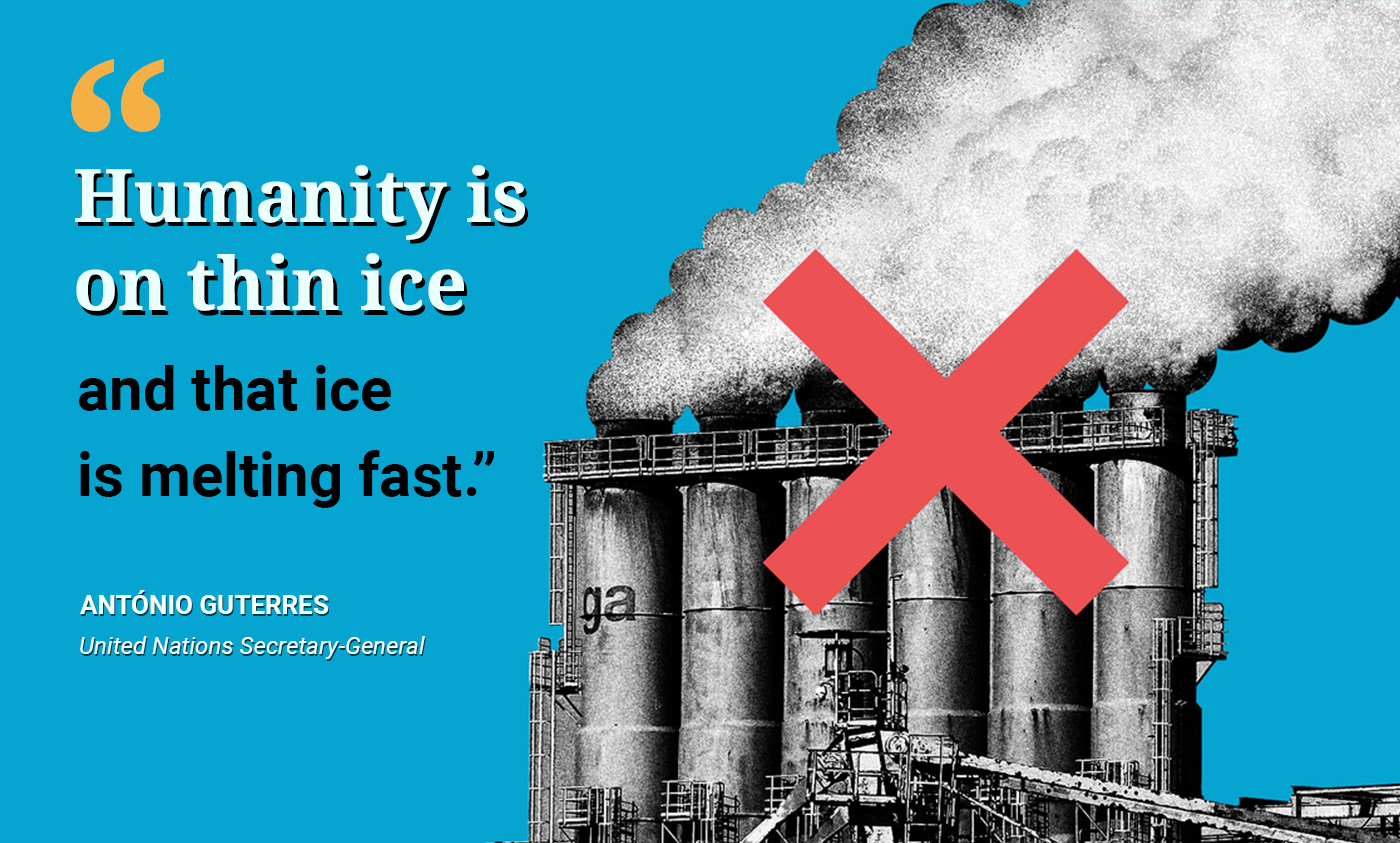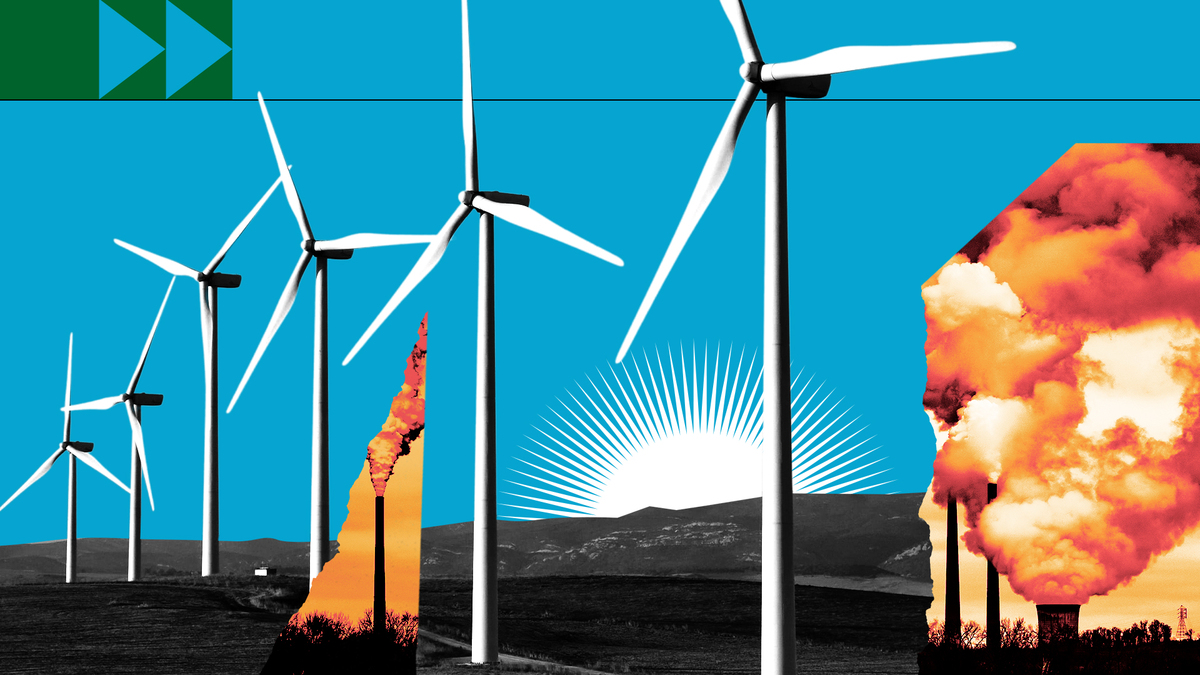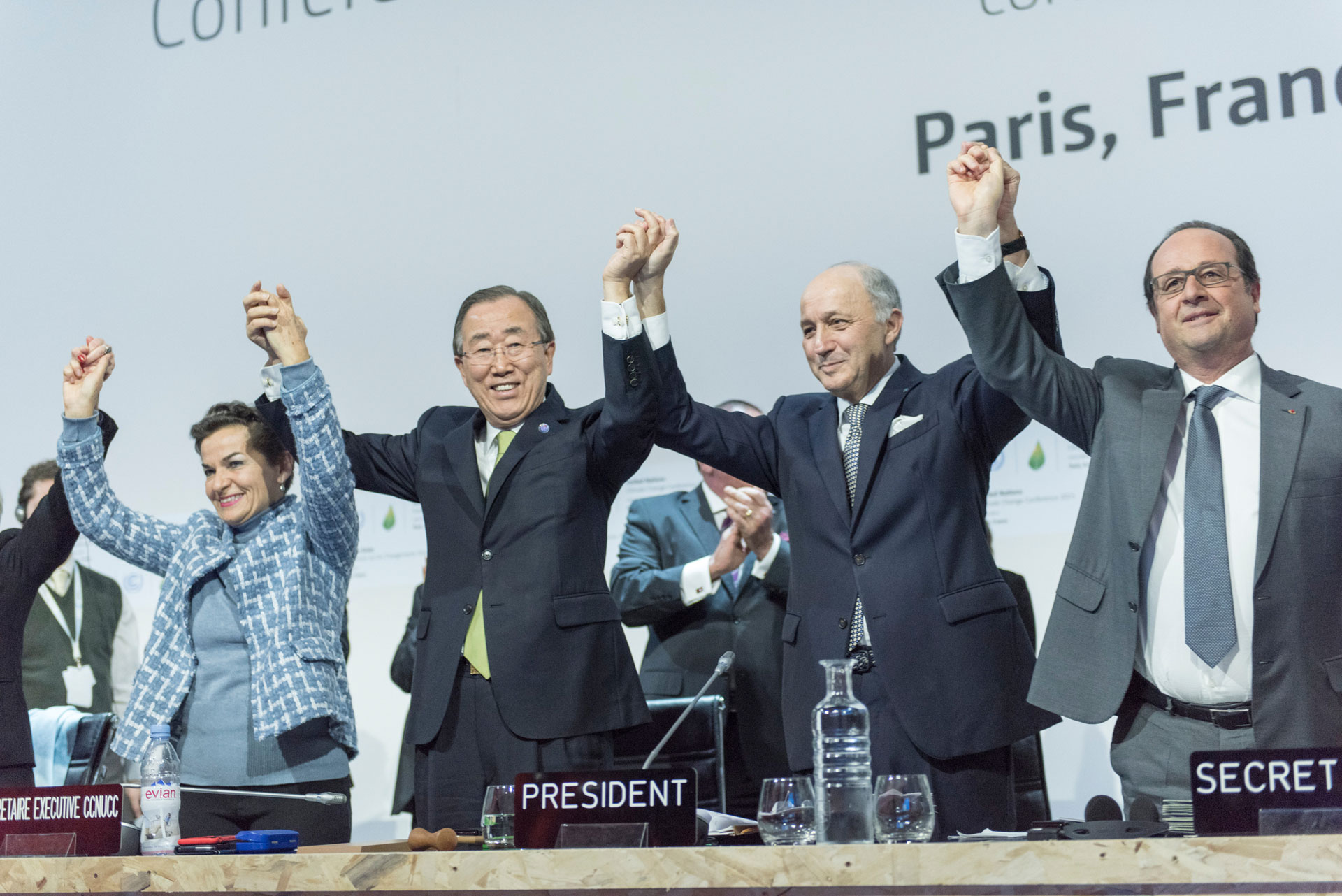
As climate change is making a profound impact on the consciousness of humanity, so the world is working towards the Sustainable Development Goals. Climate action and sustainable development are intrinsically linked and both are vital to the present and future well-being of humanity.
Building a more sustainable global economy will help reduce the greenhouse gas emissions that cause climate change. It is, therefore, critically important that the international community meet the UN's Sustainable Development Goals and also the targets for reducing emissions set in the Paris Climate Agreement of 2015.
No country in the world is safe from the effects of climate change, from cataclysmic weather events increasing in ferocity to polar ice caps melting and global sea levels rising.
Already we are facing ferocious storms, floods, droughts and wildfires and in the future there will be unliveable temperatures in vast swathes of the planet unless we take action to reduce emissions by weaning ourselves off fossil fuels and accelerating the transition to renewable energy.
Greenhouse gases occur naturally and are essential to the survival of humans and millions of other living things, by keeping some of the sun’s warmth from reflecting back into space and making Earth liveable. But after more than a century and a half of industrialization, deforestation, and large-scale agriculture, the quantities of greenhouse gases in the atmosphere have risen to record levels not seen in three million years. As populations, economies and standards of living grow, so does the cumulative level of greenhouse gas emissions.
There are some basic well-established scientific links:

The UN family is at the forefront of the effort to save our planet. Through the Intergovernmental Panel on Climate Change (IPCC), the United Nations provides policymakers with objective scientific data on climate change, its impacts and future risks, as well as options for adaptation, resilience and mitigation. The UN also provides a forum for bringing the world together to take collective action on climate change, through the UN Framework Convention on Climate Change (UNFCCC).
Around the world, the UN works to assist countries transition to climate-resilient and low emissions strategies while also helping those especially vulnerable to the effects of climate change to adapt to a more unstable climate.
There is alarming evidence from the IPCC's reports that important tipping points, leading to irreversible changes in major ecosystems and the planetary climate system, may already have been reached or passed. Ecosystems as diverse as the Amazon rainforest and the Arctic tundra, may be approaching thresholds of dramatic change through warming and drying. Mountain glaciers are in alarming retreat and the downstream effects of reduced water supply in the driest months will have repercussions that transcend generations.
The 2021 scientific report by the IPCC shows changes in the Earth’s climate in every region and across the whole climate system. It clearly states that the role of human influence on the climate system is undisputed. It also shows that human actions still have the potential to determine the future course of climate, pointing to strong and sustained reductions in emissions of carbon dioxide and other greenhouse gases to limit climate change. Benefits for air quality would come quickly, while global temperatures would take 20-30 years to stabilize.
The 1992 "Earth Summit" led to the establishment of the United Nations Framework Convention on Climate Change (UNFCCC) as a first step in addressing the climate change problem. Today, it has near-universal membership with 197 countries having ratified the Convention. The ultimate aim of the Convention is to prevent “dangerous” human interference with the climate system. The Kyoto Protocol, adopted in 1997, legally binds developed countries which are party to the Protocol to emission reduction targets.
In 2015 at the 21st Conference of the Parties to the UNFCCC in Paris, a landmark agreement was reached to combat climate change and to accelerate and intensify the actions and investments needed for a sustainable low carbon future. The Paris Agreement builds upon the Convention and - for the first time - brings all nations into a common cause to undertake take ambitious efforts to combat climate change and adapt to its effects, with enhanced support to assist developing countries to do so. As such, it charts a new course in the global climate effort.
The Paris Agreement's central aim is to strengthen the global response to the threat of climate change by keeping the global temperature rise this century well below 2 degrees Celsius above pre-industrial levels, or even below 1.5 degrees Celsius.
On Earth Day, 22 April 2016, 175 world leaders signed the Paris Agreement at United Nations Headquarters in New York. This was by far the largest number of countries ever to sign an international agreement on a single day. There are now 191 countries that have ratified the Paris Agreement.

Former Secretary-General Ban Ki-moon (second left); Christiana Figueres (left), Executive Secretary of the UN Framework Convention on Climate Change (UNFCCC); Laurent Fabius (second right), Minister for Foreign Affairs of France and President of the UN Climate Change Conference in Paris (COP21) and François Hollande (right), President of France celebrate after the historic adoption of Paris Agreement on climate change.
"Together, let's get to work and make 2025 the year we restore good health to Mother Earth." — António Guterres
"This year's International Day of Zero Waste puts the focus on fashion and textiles." — António Guterres
The retreat of glaciers in the Upper Danube River Basin is one of the most alarming consequences of climate change, says the International Commission for the Protection of the Danube River (ICPDR) as it joins the global community in commemorating World Water Day 2025.
"The theme of this year's World Meteorological Day – Closing the Early Warning Gap Together – reminds us that, in this new climate reality, early warning systems are not luxuries." — António Guterres